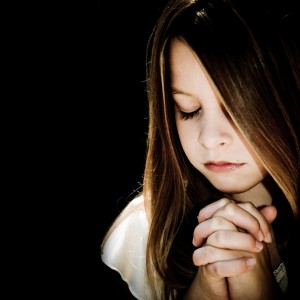 CHARLESTON, S.C. — State lawmakers in South Carolina are renewing their push for a bill that would introduce a moment of silent prayer in public schools.
CHARLESTON, S.C. — State lawmakers in South Carolina are renewing their push for a bill that would introduce a moment of silent prayer in public schools.
H.B. 3526 was introduced last February in the House of Representatives, but stalled in the House Committee on Judiciary. It was sponsored by ten Representatives—mostly Democratic—including Wendell Gilliard, Robert Williams, Joseph Jefferson, Carl Anderson, Lonnie Hosey, Robert Ridgeway III and Bill Clyburn.
“All schools shall provide for a minute of mandatory silence at the beginning of each school day, during which time the teacher may deliver a prayer, provided the school allows a student to leave the classroom if the student does not want to listen to or participate in the prayer,” the bill outlines.
Representative Gilliard told local television station WVCIV-TV that he felt the language of the bill was workable to somehow introduce prayer back into public schools.
“The compromise would be to have the students to pray to whomever they want to. If they want to do away with teachers conducting the prayer that would be fine with us,” he explained. “The essential part of the bill, the important part, is putting prayer back in school.”
“There would be no noise, no disruption, no anything,” he added. “But the teacher would conduct it to let the students know we would have one minute for a moment of silence of prayer. That person can pray to whomever they please.”
Official school prayer was first banned in America in 1962 in the Supreme Court decision of Engle v. Vitale, which involved a case out of Hyde Park, New York. Prior to the ruling, students were led in a scripted prayer every morning, which read, “Almighty God, we acknowledge our dependence upon Thee, and we beg Thy blessings upon us, our parents, our teachers and our country. Amen.”
“We think that, by using its public school system to encourage recitation of the Regents’ prayer, the State of New York has adopted a practice wholly inconsistent with the Establishment Clause,” the court declared. “It is neither sacrilegious nor anti-religious to say that each separate government in this country should stay out of the business of writing or sanctioning official prayers and leave that purely religious function to the people themselves and to those the people choose to look to for religious guidance.”
However, while the Supreme Court outlawed prayers administered or encouraged by school officials, it did not ban voluntary prayer by individual students.
“The [writers of the Constitution] knew that the First Amendment, which tried to put an end to governmental control of religion and of prayer, was not written to destroy either,” it outlined. “They knew, rather, that it was written to quiet well-justified fears which nearly all of them felt arising out of an awareness that governments of the past had shackled men’s tongues to make them speak only the religious thoughts that government wanted them to speak, and to pray only to the God that government wanted them to pray to.”
Become a Christian News Network Supporter...


